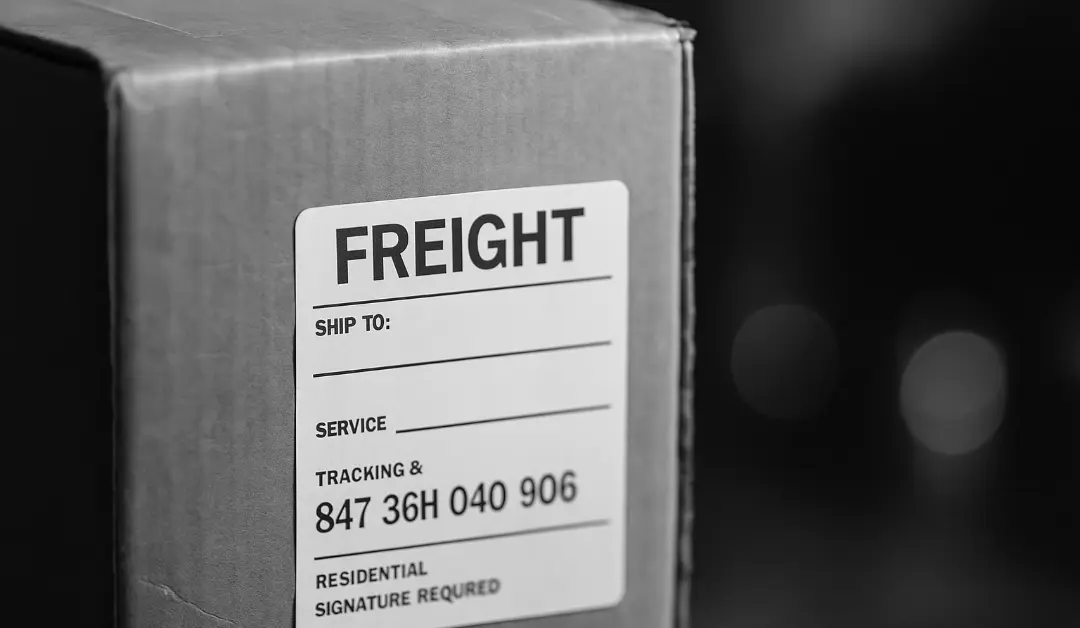Understanding Foreign Trade Regulations in Shipping: How eHub Can Help Your Ecommerce Business
In today’s globalized economy, e-commerce businesses must be aware of the Foreign Trade Regulations (FTR) that apply to international shipping. FTR is a set of rules and regulations established by the United States government that aims to monitor and control the export of goods from the U.S. to other countries.
While it is now faster and easier than ever before to transport products to almost any location across the globe, specific requirements must still be met along the journey.
Failure to comply with these regulations can result in costly penalties and legal consequences for businesses. In this blog post, we will discuss what foreign trade regulations are, why they matter to e-commerce businesses, and how eHub can help your business navigate the complex world of international shipping regulations.
What are Foreign Trade Regulations?
Foreign Trade Regulations (FTR) are a set of regulations administered by the U.S. Census Bureau, which govern the reporting and recordkeeping requirements for U.S. exports. These foreign trade regulations were first introduced in 2008, replacing the old regulations established in the 1970s.
The regulations require that exporters report all shipments leaving the U.S. to the Census Bureau’s Automated Export System (AES).
The main objective of the FTR is to ensure compliance with U.S. export regulations, including export controls and embargoes, and to provide the government with the information it needs to monitor the flow of goods out of the country.
The FTR applies to all U.S. businesses that export goods valued at $2,500 or more. Failure to comply with the FTR can result in penalties and legal consequences, including fines and imprisonment.
Why Does FTR Matter to Ecommerce Businesses?
FTR compliance is especially important for e-commerce businesses that sell products internationally. Ecommerce businesses need to be aware of foreign trade regulations and ensure that they are in compliance with them when shipping products to customers in other countries.
Failure to comply with these essential regulations can result in significant penalties. These can even include the revocation of export privileges, which can have a devastating impact on e-commerce businesses.
E-commerce businesses that are not in compliance with foreign trade regulations can also face delays in shipping and customs clearance, which can result in customer dissatisfaction and lost sales.
This is particularly true for businesses that are new to exporting, as the regulations can be complex and challenging to navigate.
How Can eHub Help Your Business Navigate Foreign Trade Regulations?
eHub can help e-commerce businesses navigate foreign trade regulations and ensure compliance when exporting products internationally. eHub has a network of vetted third-party logistics (3PL) providers, all with experience and expertise in managing shipping and logistics processes.
eHub offers a wide range of services through its 3PL network to help e-commerce businesses streamline their operations and comply with sometimes intimidating regulations.
One of the ways eHub can help e-commerce businesses comply with FTR is by connecting your business to a 3PL partner that will provide assistance with export documentation. This way, eHub can help ensure your e-commerce business is aligned with the ideal 3PL provider. This experienced partner can complete and file the necessary paperwork, such as the Shipper’s Export Declaration (SED) and Electronic Export Information (EEI), to ensure your business complies with foreign trade regulations.
eHub can also provide guidance and support to e-commerce businesses in selecting the appropriate export classification for their products. The export classification determines the level of export control that applies to a particular product, and e-commerce businesses need to ensure that they are in compliance with these regulations. eHub can provide guidance on the appropriate export classification and help e-commerce businesses navigate the complex regulatory landscape.
Due Diligence
Additionally, companies must ensure compliance with FTR to avoid costly penalties and legal issues. Failing to comply with foreign trade regulations can result in fines, shipment delays, and even legal action. Therefore, it is crucial for e-commerce businesses to understand the FTR requirements that apply to their shipments and to work with a reliable 3PL network provider, such as eHub, that can match your business with a partner that is knowledgeable in FTR compliance. This is an area where it pays to do your due diligence or work with a partner who has experience in this area.
Final Thoughts
In summary, foreign trade regulations are a set of rules and regulations governing the export and import of goods in and out of the United States. These regulations can be complex and require strict adherence to avoid penalties and legal issues.
Working with a 3PL provider like eHub can help e-commerce businesses navigate FTR compliance and ensure their shipments meet all necessary requirements. By partnering with eHub, companies can ensure timely and efficient shipping while maintaining compliance with foreign trade regulations.
To learn more about eHub and how we can ensure compliance and success for your business when navigating foreign trade regulations, contact our team today!





